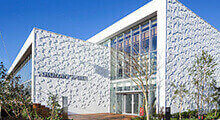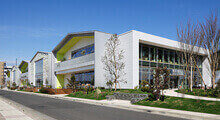[Approved Interview] Hiroki Eto's "SF Novel"
I asked Eto, a literary concierge, for his stamp of approval. I naturally expected it to be about books, and was looking forward to hearing what authors and works he would mention, but the interview began with a fastball on narrative theory.
What is a story?
I wonder why people write and read stories. For example, I think it's a bit wrong to ask, "What is the theme of this story?" If you want to convey the theme, you should just tell it directly.
I believe that stories can express things that simply cannot be expressed in a few words. I believe that the only way to convey emotions that cannot be explained no matter how hard you try, thoughts and feelings that are difficult to convey, and "something" that cannot be named is to tell a story.
Naturally, it will not convey the author's intention 100%, and things that the author did not intend may also be written. I think that literary quality lies in that blank space. I don't think that only pure literature can be considered literature. The interpretation is left to the reader. Isn't the great thing about stories that you read without understanding, or read but don't understand? If everything in the world could be theoretically expressed with numbers and symbols, then stories probably wouldn't be necessary, but I think stories are necessary to convey the many things that cannot be expressed.
I was a bit annoyed at that (laughs).
Since you asked me to tell you about something I would recommend, I thought I should talk about books, and after much thought, I decided to recommend something to you as a science fiction novel.
Since you asked me to tell you about something I would recommend, I thought I should talk about books, and after much thought, I decided to recommend something to you as a science fiction novel.

Science fiction novels are like thought experiments, and they tell stories that push the limits of our imagination, asking what would happen if there were different physical laws, civilizations, and creatures from those on Earth in a certain setting. So science fiction novels should be able to tell stories that cannot be explained by science or theories that we know. I think that science fiction novels are the best medium for telling stories that cannot be theorized. Also, the framework of science fiction is very generous, and can depict anything and everything, from entertainment novels to pure literature and experimental novels. There is also autobiographical science fiction that uses the science fiction format to write about personal matters.
Slaughterhouse Five by Kurt Vonnegut
I like Kurt Vonnegut, and his Slaughterhouse-Five can be described as an autobiographical science fiction novel. At the beginning, the narrator, "I," talks about how he tried to write a book about the bombing of Dresden during World War II, but was unable to do so for many years. Vonnegut himself was sent to Dresden, Germany, as a prisoner of war, and was subjected to indiscriminate bombing by the Allied forces. Fortunately, Vonnegut survived because an underground slaughterhouse was used as a prisoner of war facility, which served as an air raid shelter.
So, going back to Slaughterhouse-Five, I start writing a story with a character named Billy Pilgrim as the main character. Like Vonnegut, Billy Pilgrim served in World War II, was taken prisoner, and experienced the bombing of Dresden. Billy Pilgrim can also travel through time, and go to both the past and the future. But only consciously. He can't control it himself, it's sudden. I think this is very close to a flashback caused by PTSD. Vonnegut, who would have hesitated to directly depict his war experiences because of those terrifying memories, borrowed the science fiction format to write a very personal story. His memories of the war were told only in the form of a story, and in a format that could be considered absurd, such as time travel. I am touched by this. Also, the line "That's how it is" is repeated in everything. Although the story is told in order to convey something, there is literary value in the margins that cannot be fully conveyed.
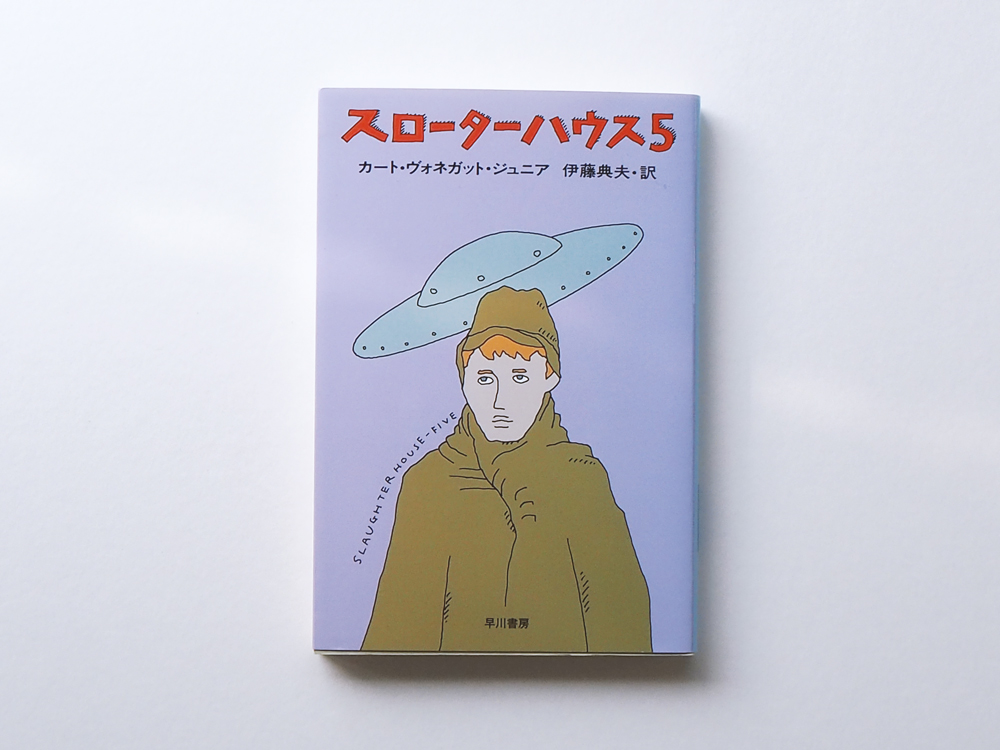
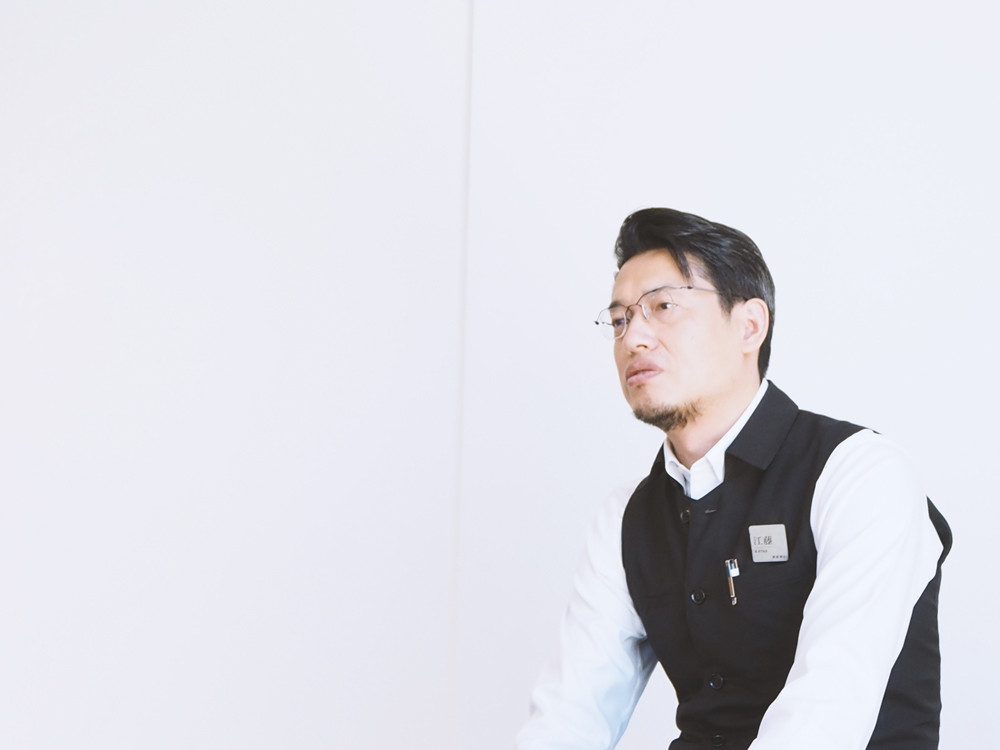
What I like about Vonnegut is that he never forgets to use humor. However, sometimes he suddenly changes his humorous style and tells of terrible tragedies, which makes the horror and misery stand out even more. I also like the sense of scale that is unique to science fiction. I think what's amazing about science fiction is that it can tell stories over a timeline of not just 100 years, but one million or even five million years.
I like stories with a big sense of scale, so I really like "The Serpent of Titan." The story has such a large timeline that it makes you realize how insignificant your worries are, and makes you feel silly for worrying.
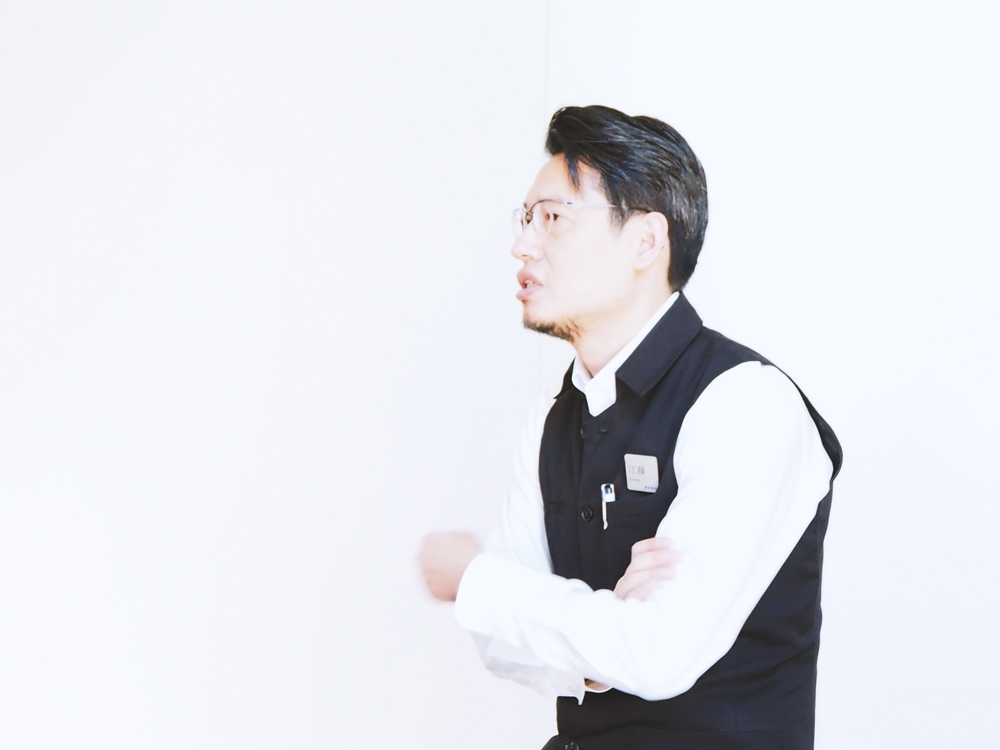
My reading history
I remember a lot of the contents of books I read a long time ago, but I can't remember when I read them. The first series I consciously liked and read was Teramura Teruo's "I am the King" series. I was probably in the second or third grade of elementary school, so around 7 or 8 years old. I loved Teramura Teruo's strange and absurd nonsense fairy tales. I collected only those with science fiction themes.
There was a volume. In it, there was a story about alien invaders coming. It had a quick ending and was well-written as a short story, but I thought it was completely science fiction. Maybe I've loved science fiction from the beginning.
After that, I got into mysteries. First, I read Edogawa Ranpo's "The Boy Detectives Club," then Akagawa Jiro's "Mike Neko Holmes" series. Then, when I was in middle school, I started reading Takagi Akimitsu, who my parents were reading, and then I started reading new orthodox mysteries by Shimada Soji and Ayatsuji Yukito. Anyway, I was into mysteries.
When I was about 16 years old, I picked up "Inheritors of the Stars" as a mystery fan. It was the first time I consciously read it thinking it was science fiction. "Inheritors of the Stars" is set in the near future. To briefly explain the introduction, a body is discovered on the moon, and when the remains are dated, it turns out to be a human from 50,000 years ago. Of course, humans from 50,000 years ago did not have the scientific ability to send people to the moon. But there is actually a body there. So, what is this mystery? I read it as a mystery that unravels this, but at the same time, I was also attracted to the fact that science fiction can depict such a big theme.
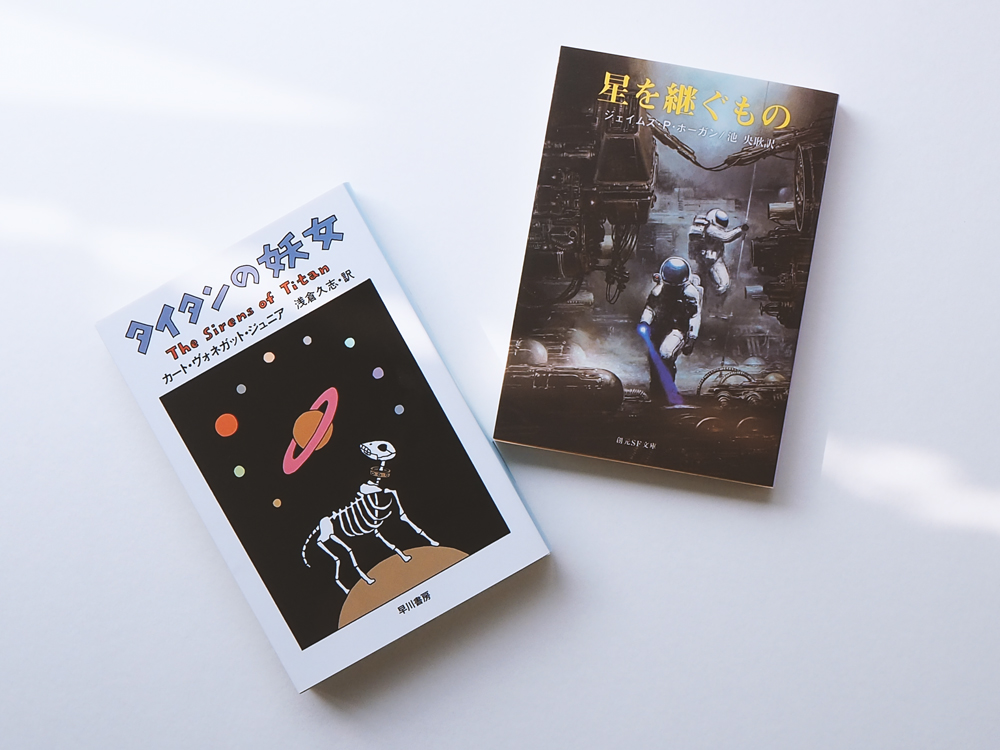
I think mystery and science fiction go well together. The setting is very important in mysteries, and for a detective to be active, an isolated island that is cut off from the outside world is necessary, and the setting is also very important for a locked room murder or an inexplicable murder case. Basically, a locked room murder is not very beneficial for the culprit, so it almost never happens in reality. The setting is what makes it convincing. It's hard to set the stage in modern mysteries. Nowadays, with things like cell phones, it's easy to contact the outside world. With science fiction, you can set the stage as far as you want, and you can set the time period freely. You can write about a world 50 million years in the future, and from there you can write about a world before the birth of the Earth. It's okay to have a non-human culprit. I think that the high degree of freedom of science fiction allows you to write mysteries that you've never read before.
After reading "Inherit the Stars," I decided to try reading science fiction without mystery elements, and I started by reading the works of foreign authors considered classics, such as Arthur C. Clarke, Kurt Vonnegut, Stanislaw Lem, James P. Hogan, George Orwell, and Robert A. Heinlein.
Of course, I read Hoshi Shinichi's short stories and Tsutsui Yasutaka's works when I was in junior high school, but I wasn't particularly aware of them as science fiction.
Of course, I read Hoshi Shinichi's short stories and Tsutsui Yasutaka's works when I was in junior high school, but I wasn't particularly aware of them as science fiction.
Recommended Japanese SF novel writers
I started reading Japanese SF late. Around the age of 35, I think. It was when Enjo Toh won the Akutagawa Prize. That was the trigger. Then I read "Genocidal Organ" by Project Itoh, and I felt that it was newer than the SF I had read before. Project Itoh's novels feature various futuristic gadgets. Contact lens-type monitors, nanorobots inserted into the body, artificial muscles, and so on. These gadgets fit seamlessly into the worldview. Because of that, the themes inherent in Project Itoh's works, such as technology and the body, and technology and ethics, are conveyed more persuasively. Of course, there's more to it than that: it's fun to read.
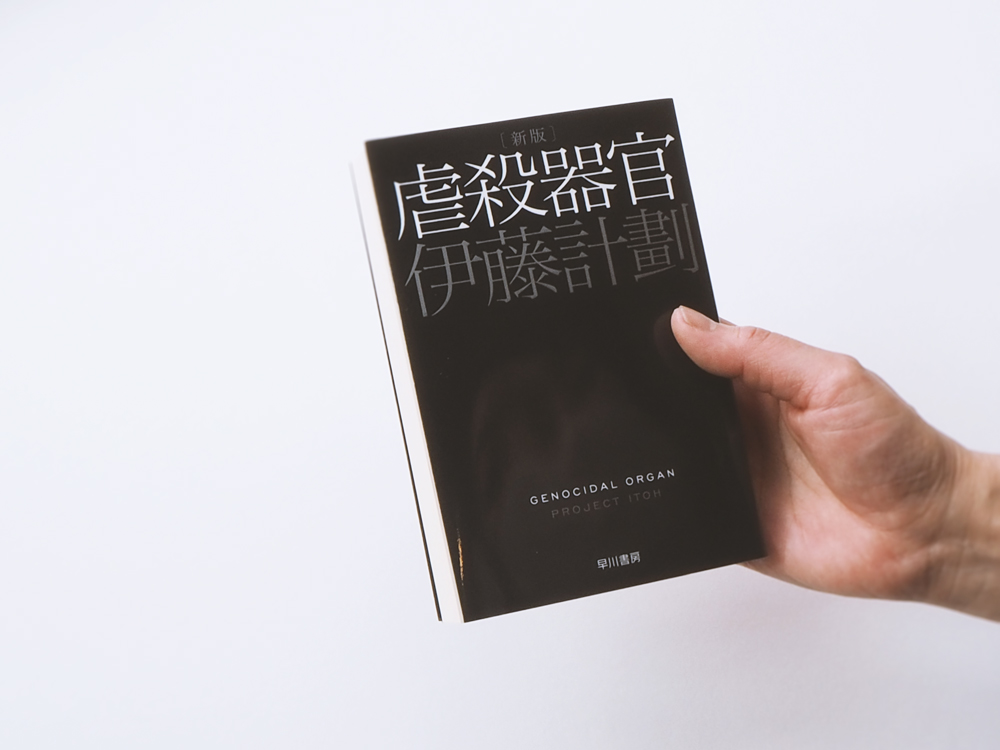
I also like Chohei Kanbayashi. His work is "Combat Fairy Yukikaze". The exchanges between Yukikaze, a fighter plane with a computer brain, and its pilot Rei Fukai, as well as the writing style and descriptions are all really cool! I was also fascinated by the mysteriousness of the enemy "Jam", who is a different kind of being from humanity.
Fujii Taiyo's science fiction novels sometimes use currently feasible technology, but they also take that technology to the next level, creating incredibly futuristic scenes. What I particularly like about his science fiction novels is that they are underpinned by a sense of trust and hope for the future.
There are many types of science fiction, so even if you don't like space operas with aliens and such, you can enjoy the Kiryu Police series by Tsukimura Ryoei, which combines police fiction and near-future science fiction, even without the science fiction elements. There are also dirty conflicts within the police force, and powered suit-type robots make an appearance, so I think it's a work that both police fiction fans and science fiction fans can enjoy.
Hiroki Eto
My favorite thing is reading books, but I also like to go camping alone, go fishing alone, go on solo motorcycle tours, and play kendama. If you list all of these hobbies, it's easy to see that I basically like playing alone. My favorite genre of books is "weird books."
Composition: Ushiban Shinji








